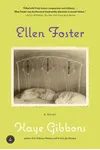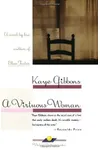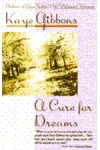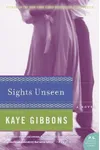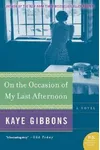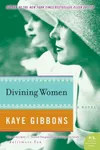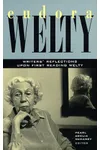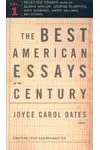Picture a Southern storyteller who spun tales of resilience and heart from the backroads of North Carolina—meet Kaye Gibbons! Born in 1960, Gibbons burst onto the literary scene with her debut novel, Ellen Foster, a raw, poignant coming-of-age story that captivated readers and critics alike. Her authentic voice, steeped in Southern tradition, explores themes of survival, family, and the strength of women, making her a beloved figure in American literature.
Despite personal challenges, including bipolar disorder, Gibbons’s storytelling shines with emotional depth and a touch of magic, drawing readers into the lives of her unforgettable characters. Let’s dive into her journey, from a small-town upbringing to a literary legacy that continues to inspire.
The Making of Kaye Gibbons
Born Bertha Kaye Batts in Nash County, North Carolina, Gibbons grew up in a modest, tin-roofed home with no electricity or running water. Her childhood was marked by hardship—her mother’s suicide at age ten and her father’s death three years later left her shuttled between relatives and foster homes. These experiences shaped her writing, infusing it with raw honesty and empathy. Gibbons studied American and English literature at North Carolina State University and the University of North Carolina at Chapel Hill, where her mentor, Louis Rubin, recognized her talent and published her first novel through Algonquin Books.
Kaye Gibbons’s Unforgettable Stories
Gibbons’s debut, Ellen Foster (1987), is a literary gem, narrated by a plucky 11-year-old orphan navigating abuse, racism, and poverty in the South. The novel’s stark honesty and Ellen’s indomitable spirit earned it the Sue Kaufman Prize for First Fiction and a spot on Oprah’s Book Club. A Virtuous Woman (1989), another Oprah pick, tells the story of an unlikely but loving marriage through alternating narratives, showcasing Gibbons’s knack for intimate, character-driven tales.
Charms for the Easy Life (1993) celebrates three generations of strong Southern women, blending humor and wisdom in a Depression-era setting. Later, On the Occasion of My Last Afternoon (1998) ventures into historical fiction, exploring a woman’s life during the Civil War with lyrical precision. Gibbons’s style—marked by a distinctive Southern voice, vivid dialogue, and themes of female resilience—draws comparisons to Faulkner and O’Connor, but her warmth and accessibility make her stories uniquely her own.
Her writing often reflects her own struggles with bipolar disorder, which she credits for fueling her creativity during manic phases. This personal connection lends authenticity to her characters, who face mental illness, societal constraints, and personal loss with courage and grace.
Why Kaye Gibbons Matters
Kaye Gibbons’s work resonates because it gives voice to the marginalized—Southern women, the poor, and the overlooked. Her novels challenge cultural norms, celebrating female solidarity and self-reliance while condemning racism and patriarchal oppression. Recognized with awards like the Chevalier de l’Ordre des Arts et des Lettres and the North Carolina Award for Literature, Gibbons has inspired readers and writers to find strength in adversity. Her influence endures in classrooms, where Ellen Foster is taught alongside classics like To Kill a Mockingbird.
Despite personal setbacks, including a 2008 arrest for prescription drug fraud, Gibbons’s legacy is one of resilience, much like her characters. Her ability to transform pain into art continues to captivate readers, making her a vital voice in contemporary Southern literature.
- Born: May 5, 1960, in Nash County, North Carolina
- Key Works: Ellen Foster, A Virtuous Woman, Charms for the Easy Life, On the Occasion of My Last Afternoon
- Awards: Sue Kaufman Prize, PEN/Revson Award, North Carolina Award for Literature
- Fun Fact: She wrote Ellen Foster during a manic phase of bipolar disorder, calling it a product of ‘real magic.’
About Kaye Gibbons
Ready to be swept away by Gibbons’s Southern charm? Snag Ellen Foster and dive into her heartfelt, resilient world!
